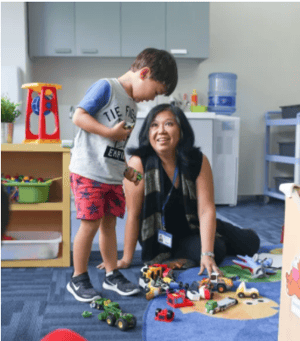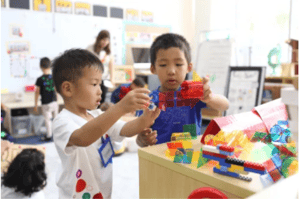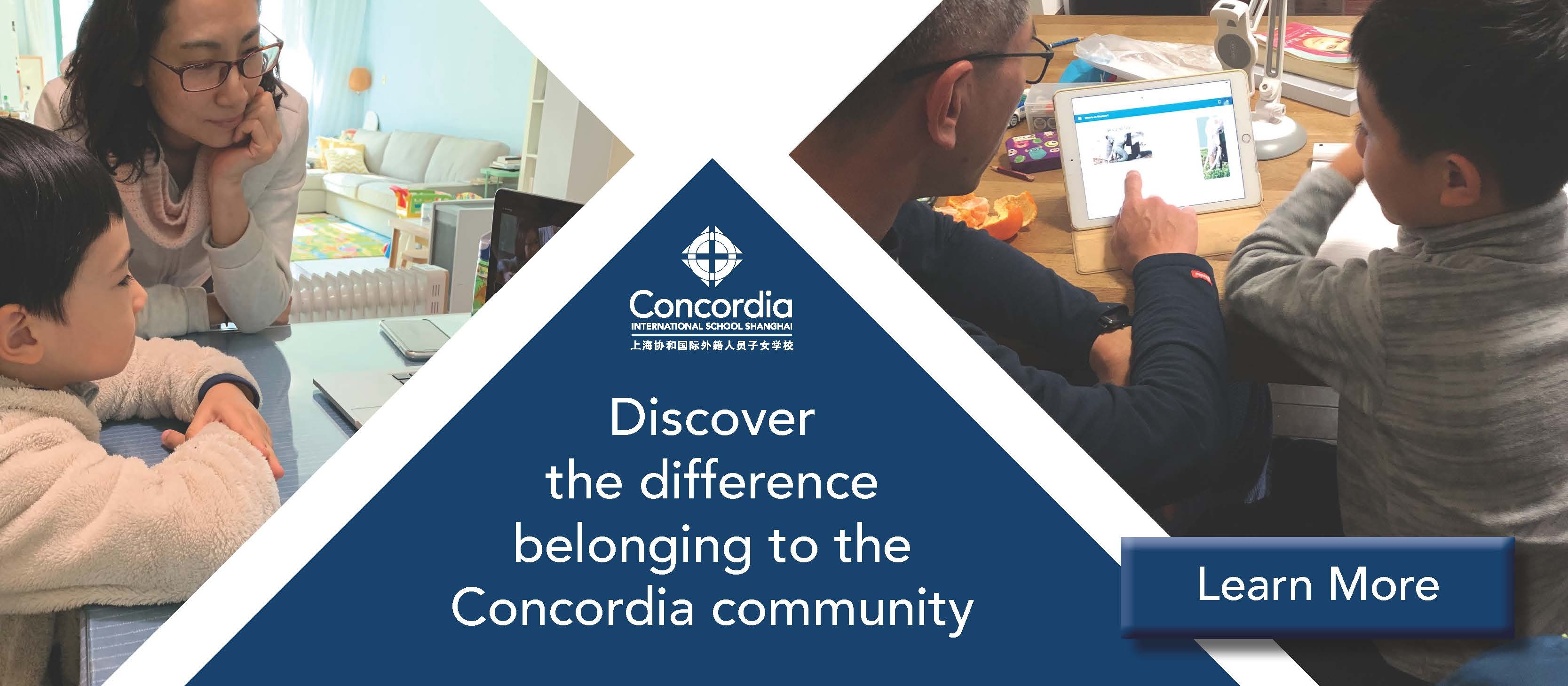These past few weeks, we as humans, have had to make shifts, changes and adjustments that we may have never had to before. Adaptability is one of the most important life skills for us to develop. As parents, we often focus on our children's grades, making sure they excel and perform. With our ever changing environment, health needs and emotional dilemmas, we ourselves may struggle to adapt.
As parents we try our best to provide a safe and predictable life for our children. Sometimes life presents dramatic changes, such as the COVID-19 virus, which test our resilience and adaptability.
When obstacles are presented, we want our children to be proactive and confident, using strategies that can affect their fate for the better.
Listen to Mrs. Lamberts presentation on adaptability to learn methods that prompt adaptability in your family.
Through her research of the latest developments in neuroscience, Madeline Levine, Ph.D., a psychologist with over 40 years of experience as a clinician, consultant, educator and a New York Times bestselling author, identifies the skills that children need to succeed in the future.
Levine notes that adaptability is one of the most important of these skills. In fact, research has determined that adaptability is a better predictor of overall success than resilience. Adaptability refers to a child’s initial response or reaction to new events, people and ideas. There are three parts to adaptability: behavioral, cognitive and emotional.
Three Parts to Adaptability:
- behavioral adaptability involves adjusting one’s actions or behavior in response to uncertainty and novelty
- cognitive adaptability involves adjusting one’s thinking
- emotional adaptability involves adjusting one’s positive and negative emotions

Children that are more adaptable tend to move smoothly from one activity to the next, they adjust more quickly to change. Children with this temperament seem to go with the flow and be more flexible. They look forward to new schedules, activities and ideas. We as parents may need to encourage them to slow down and think before they act.
Children who are less adaptable have a more difficult time coping with changes in routines and schedules. They may have tantrums or cry more often than others their age. They may be slow to adapt to new activities, ideas or outings. They may be less comfortable around new people or even new items in the home. Children with this temperament thrive on predictability of routines, which means they are less likely to rush into dangerous situations and less influenced by peers.
In a recent Harvard study, we’ve learned that the brain is most flexible or plastic in the early years. Early plasticity means it’s easier and more effective to influence a baby’s developing brain architecture.
So, allowing them to have small failures will lead to confidence to handle a world that is constantly changing. As they grow in managing life’s unpredictable events, their skills set will broaden and provide them with a strong self-confidence.
As parents, we should resist the urge to rescue your child from every difficult situation in order to allow them to practice skills they need to be adaptable. We often rob our children of the satisfaction of being their own problem solver.
You can help your children manage themselves during difficulties by telling them a relatable story from your childhood and expressing what feelings you experienced, or we can equate their feelings to those of a main character in a story book. A child may have trouble articulating how they feel and keep it inside. Teach them words to express their feelings.
Our job as parents is to help them learn how it feels to face troubled times and grow in the confidence in knowing they can recover from the unexpected.

Transitions will go smoother if children know what is coming next and what behaviors are expected.
Let them know in advance small changes a little at a time. We often use self-talk or create a series of pictures in our mind, that becomes our truth for the future. It could be true or not.
Talk with your child, letting their thoughts be in isolation could be negative. Help them create positive options. When you hear your child use words like, ‘never’, ‘always’, and ‘everyone’ these statements may be their reality.
As parents, we can challenge them and help them develop a more balanced view of the future.
All children are born with their own unique style or temperament that determines how they react to the world. It may be helpful to ask yourself a few questions to determine how adaptable your child may b.
How Adaptable is your Child:
- Does your child cry or get upset when asked to change activities?
- Do surprises upset your child?
- Do they find it stressful to change ideas or routines?
- Do you have to coax or beg your child to try new activities?
- Is it difficult for your child to make decisions or choices?
Young people can be taught how to be more adaptable, and then in turn better embrace the opportunities of their ever-changing world. Uncertainty, variability, transition and novelty are what makes life interesting.
How we and our children respond to these events has a significant effect on the course of our lives.
Be encouraged, research proves that with practice, young people can successfully adjust their behavior, thoughts, and emotions.
Proactive people feel more in control of their circumstances, which is directly correlated with overall life satisfaction.
You may enjoy reading Dr. LeVine’s new book, Ready or Not. It’s a book that focuses on how to prepare our children and ourselves for this uncertain and rapid changing world. Her book is translated into several different languages.





